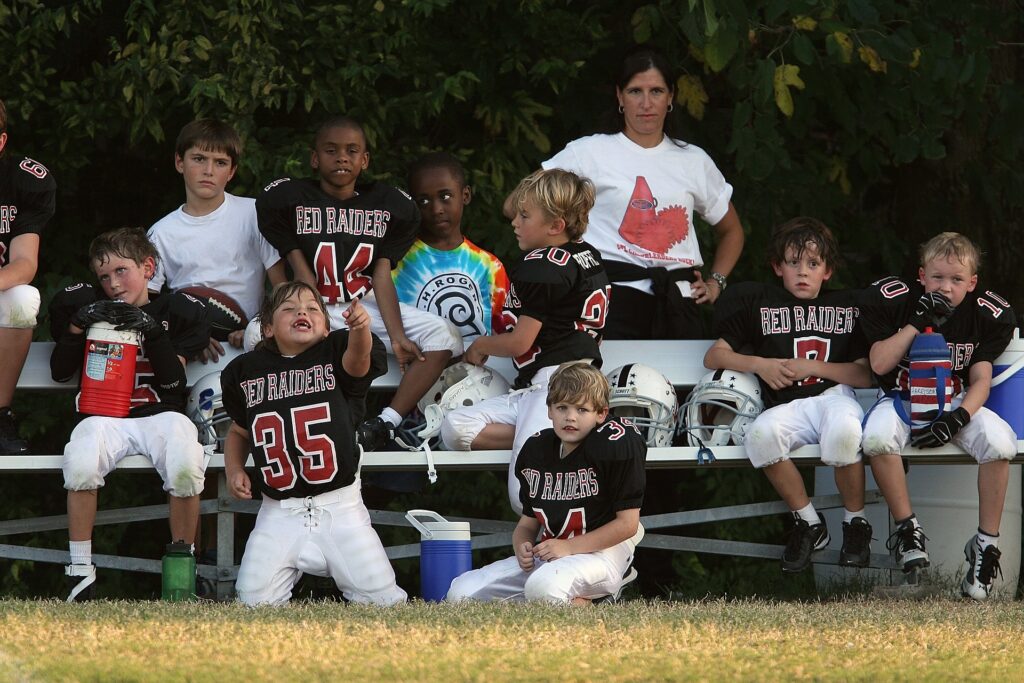Why Concerned Parents Gave the NFL’s “Heads Up” a Thumbs Down
By DERON SNYDER (as published on Medium)

Life was awesome for football as the late 1990s rolled into the early 2000s.
It remained king among America’s spectator sports, enjoying fanatical followers across the pro, college, and high school levels. Broadcast rights for the NFL and NCAA football far outpaced those of other leagues and college sports. NFL telecasts routinely represented roughly one-quarter of the 100 most-watched TV shows each year. The increase in fantasy leagues and NFL Sunday Ticket subscribers helped the sport tighten its grip on popular culture.
But 20 years ago, the turn of the century arrived with flashing lights and warning bells, too.
The news cycle brimmed with stories linking football and concussions. Researchers in 2000 began suggesting that concussions may lead to neurological problems, and Dallas Cowboys star quarterback Troy Aikman cited those concerns when he retired in 2001.
Dr. Bennet Omalu in 2002 examined the brain of deceased Pittsburgh Steelers center Mike Webster, who had suffered from mental problems, and discovered the first evidence of a brain disease — Chronic Traumatic Encephalopathy — that was never previously identified in football players.
Faced with an increase in negative commentary aimed at the sport, and worried about the long-term effect on the preps-to-pros pipeline, the NFL and NFL Players Association in 2002 founded USA Football, a nonprofit organization, to function as the national governing body for amateur football. But more scientific studies linking football to brain damage were published over the next decade, which also saw a class-action lawsuit filed in 2011 and several high-profile suicides by former NFL players in 2012.
 Follow
Follow
